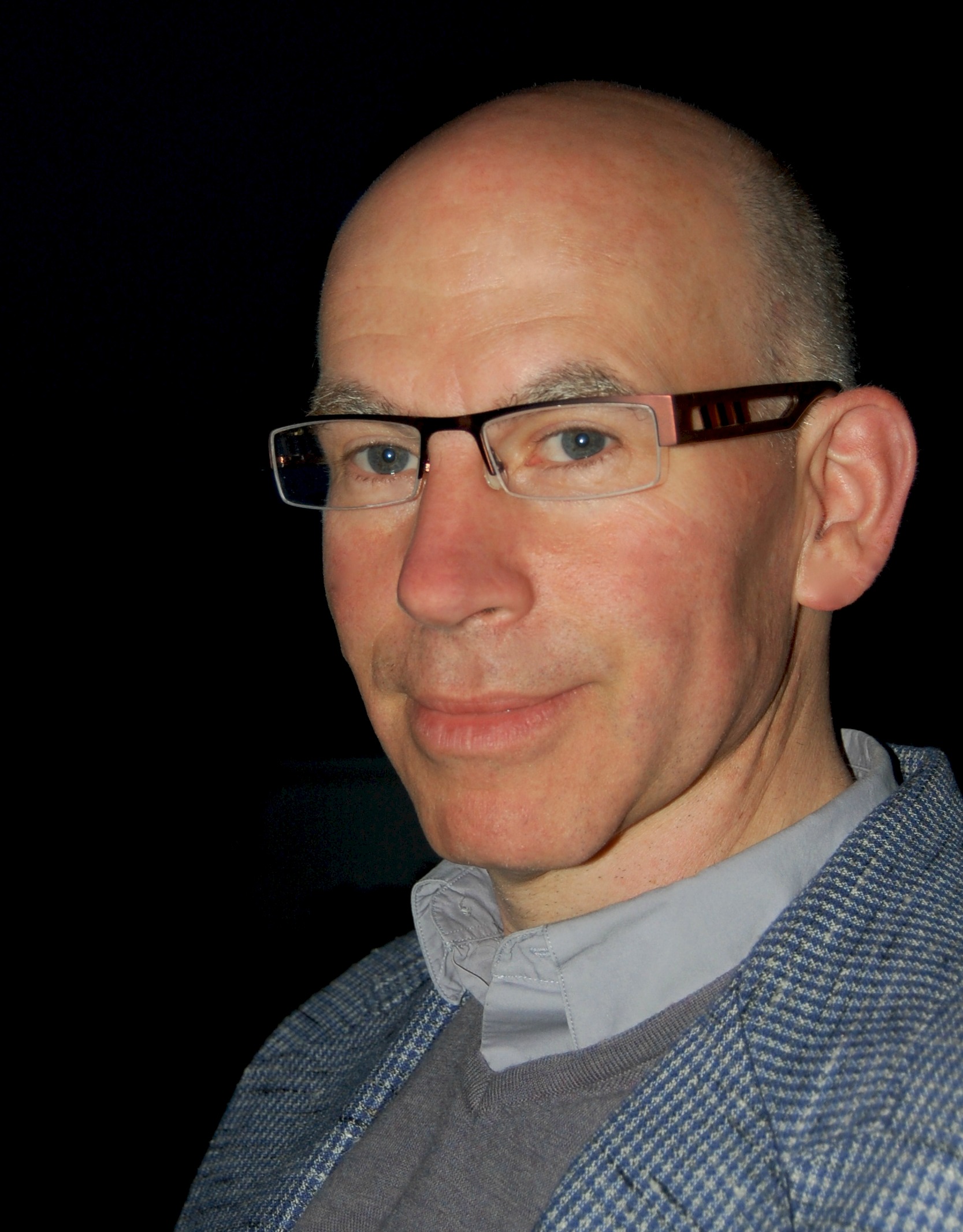Neither patience nor gratitude can be developed in a cave. They grow through exposure to some rough and tumble, some conflict and then release of conflict.
This past week, to begin the weekly Group Meditation meeting which I lead, we each wrote down one physical thing for which we are grateful, also a person for whom we are grateful, and finally a capacity (like walking, thinking, breathing, balance, feeling) for which we are grateful. Then we passed our written list to a neighbor and had them read it out loud to the group as we each, listening, tried to feel grateful for each of the objects of the others’ gratitude. It worked! With a little imagination, you can be grateful for something for which you’re not normally grateful, and for a capacity you’ve never enjoyed directly, and for the existence of a person you’ve never met — especially if there is a “linking” person you know in common, as in this case.
In our meditation group, as in life, we try to learn to be grateful, patient and even-handed in all circumstances. In this spirit, Pema Chödrön tells this story:
“A hermit well known for his austerity had been practicing in a cave for twenty years. An unconventional teacher named Patrul Rinpoche showed up at the cave, and the hermit humbly and sweetly welcomed him in. Patrul Rinpoche said, “Tell me, what have you been doing in here?” “I’ve been practicing the perfection of patience,” the hermit answered. Putting his face very close to the hermit’s face, Patrul Rinpoche said, “But a pair of old scoundrels like us, we don’t care anything about patience really. We only do this to get everyone’s admiration, right? We just do this to get people to think we are big shots, don’t we?” And the hermit started getting irritated. But Patrul Rinpoche wouldn’t stop. He just kept laughing and patting him on the back and saying, “Yeah, we sure know how to dupe people, don’t we? We really know. I’ll bet they bring you a lot of gifts, don’t they?” At this point the hermit stood up and screamed, “Why did you come here? Why are you tormenting me? Go away and leave me in peace!” And then the Rinpoche said, “So now, where is your perfection of patience?” So that’s the point. We can create the ideal situation in which we have a very high opinion of ourselves, but how do we do when it comes to the big squeeze?”
Neither patience nor gratitude can be developed in a cave. They grow through exposure to some rough and tumble, some conflict and then release of conflict. Patience can only be truly developed when we learn to stay steady in the very midst of disagreement, fear, anger, and emotional overwhelm. Gratefulness is the same. The capacity for true thanks isn’t really increased by surrounding oneself only with yummy stuff. As Brother David has pointed out, adversity and confusion offer us opportunities to grow and develop – perhaps in strength, in creativity, or in faith. And for every opportunity, we can be grateful.
EDITOR’S NOTE: This blog post was originally published on Gratefulness.org in December 2015.
Michael Lipson, PhD is a Clinical Psychologist living with his family in Berkshire County, MA. He is the author of Stairway of Surprise (2002) and Group Meditation (2010) both from SteinerBooks. He teaches workshops in meditation and consciousness studies both locally and globally.
See also Asher’s Grateful Life, a Story of Grateful Living by Michael and his son, Asher.

